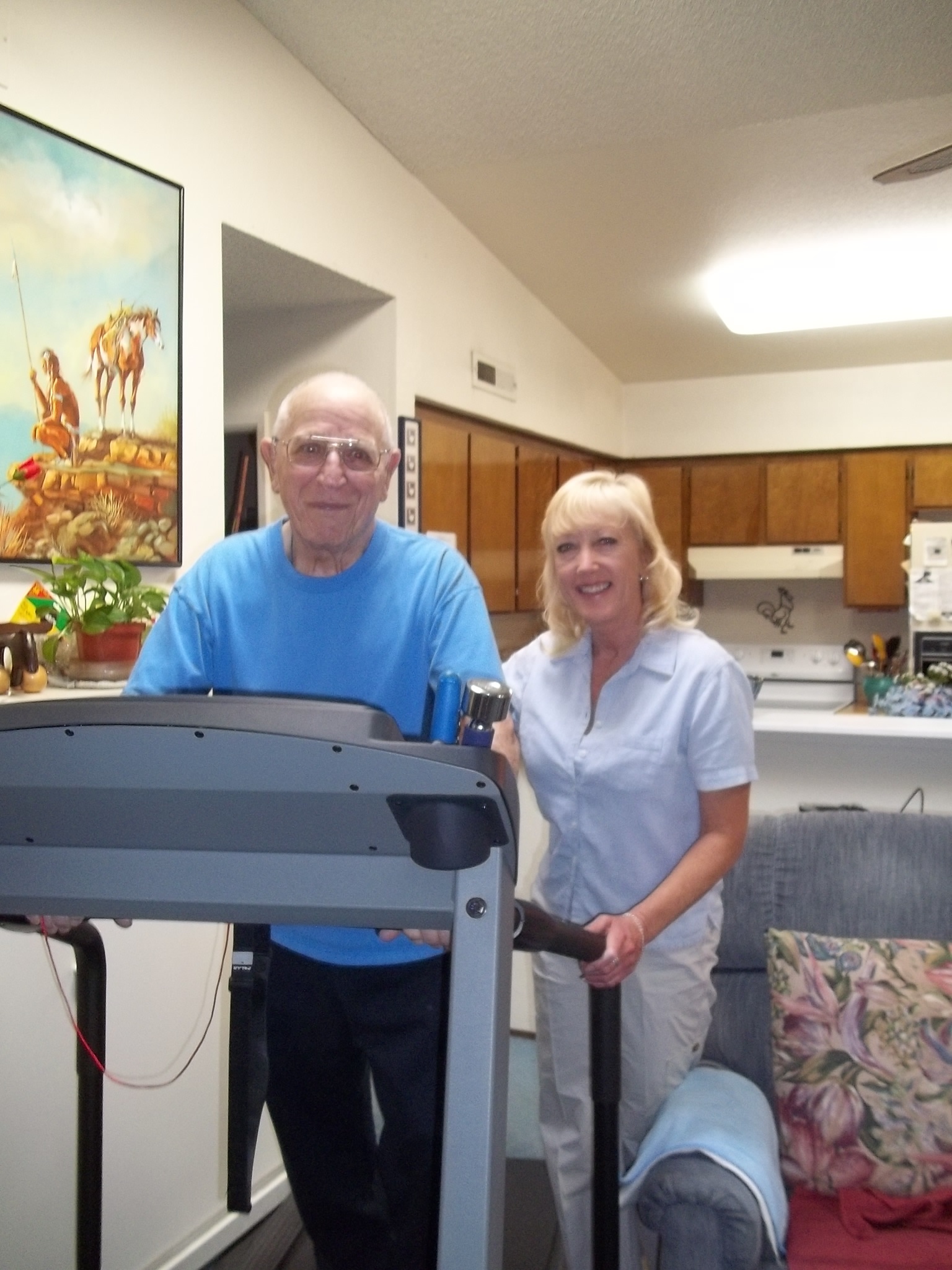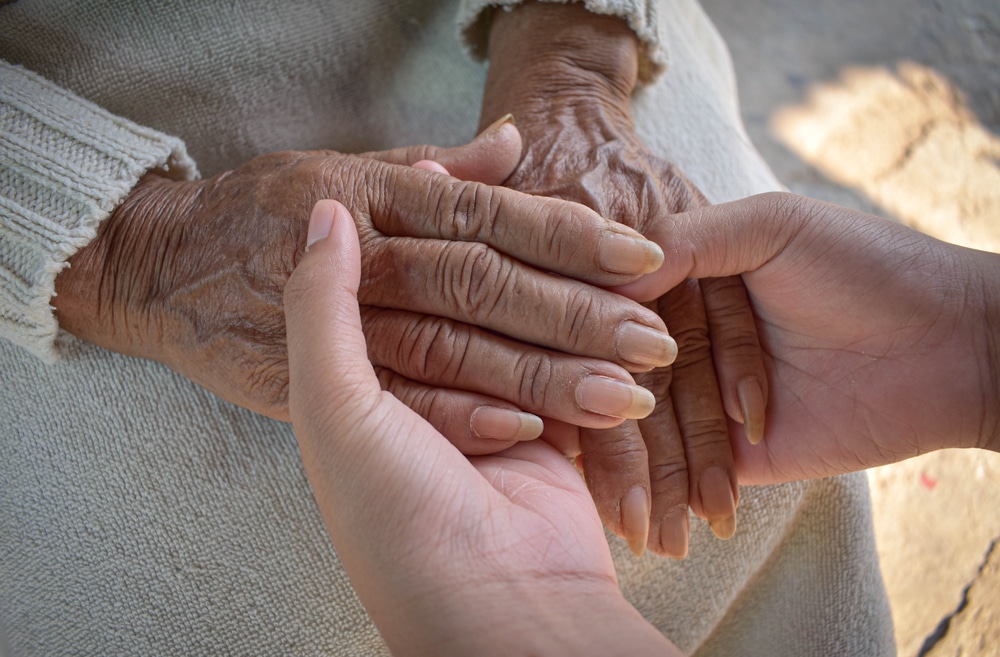Table of Content
Understanding what hospice care is and how it can help your family can be the first step in coming to terms with your loved ones illness. Hospice exists to offer comfort instead of a treatment for your loved one. The team will also be there to answer any questions the family has and offer support and counseling for those close to the patient. Hospice can be the best solution for both the patient and the family members in an extremely difficult time.
In other words, hospice care involves treating symptoms rather than curing disease—and, according to Prescott, it allows for a more comfortable, dignified death. Processing the death of a loved one is one of the most difficult experiences we face in life. Remember that grieving takes time, and each person has their own process for grieving. Taking care of yourself is easy to forget during this time of mourning and remembering, yet it is so important. If the patient is receiving hospice care at home, call the hospice organization. The hospice nurse will help you with any calls to the physician and funeral home of your choice.
Manage Depression, Anxiety or Grief
Our social work and bereavement team swings into action as needed, or requested. We also offer other types of ancillary services, in addition to the nursing staff. We have aides, who do help with personal care and other such chores. We offer pastoral care and art therapy, sometimes by FaceTime and sometimes in person, depending upon the wishes of the patient and family.
When members of the hospice team begin arriving, it’s important to keep in mind that they are there to help take care of a hospice patient and the entire family, not to take over. Family caregivers receive information and education to help you manage your loved one’s pain and symptoms, even as they change. The team’s social worker provides emotional and psychosocial assessments to the plan of care. Seasons Hospice care teams include a registered nurse, chaplain , and other trained volunteers. Patients are assigned one care team that will be with your loved one throughout their journey.
Subscribe For Resources and Updates from Connecticut Hospice
However, some people and families may be hesitant to welcome strangers in to care for their loved one, let alone a whole team of them. Families may see this as an invasion of their privacy or feel that they have been doing a pretty good job on their own up to this point. As Charles’s condition declined, Sally came more often and evaluated his needs to see if any other services, medication, or medical equipment could help make him more comfortable. When Charles developed problems with his breathing, she had oxygen delivered to the home and she showed the family how to use the equipment.

We are committed to providing individualized services to clients and their families. Our goal is to provide quality and cost-effective home healthcare services that will meet the patient’s needs. The most common level of hospice care, this includes nursing and home health aide services. They will have answers about hospice care and will be compassionate and competent with you or your loved one. Unlike being in a hospital setting, you get to control who and what surrounds you. You can make a schedule with your hospice team, deciding when your doctor, nurse, chaplain and other team members will visit you.
What to Expect When Starting Hospice Care at Home
Are you contemplating hospice care in a home setting and wondering what to expect? As we strive to provide site experiences for browsers that support new web standards and security practices. Of course, switching to hospice is ultimately the patient’s decision, as long as they possess the capacity to communicate this.
Prescott adds that hospice benefits do not include medical services or medications to reverse the disease. If you have provided care for a long time and have watched the gradual decline of the person you love, you’ve probably become worn down. If your loved one died suddenly, you likely went through a period of shock and stress. In either case, you’re probably depleted—physically, mentally, emotionally, and spiritually. Advance directives map out a patient's wishes regarding the care they would like to receive as they reach the end of their life. Advance directives are important not only prior to death, but after as well.
Caring for Yourself When a Loved One Passes
Hospice care can include routine home care, continuous home care, shorter-term respite care, and general inpatient care. Letting those close to you or a loved one know about a serious illness can be stressful. A care team can reduce stress by speaking with the family about the illness and treatment options.

Those stays are particularly common when there are power outages, which seem to be more frequent with each passing year. In that time, many things have changed about attitudes toward illness, treatment protocols, and discussions about the end of life, but our mission has not altered. One of the great benefits of hospice care is that it can be administered in a wide variety of settings, including in a person’s private home.
Healthcare professionals start using words like treatment options, patient teams, palliative care, and even hospice. All you know for sure is that you or your loved one would like to remain at home. Instead, it may show that most terminally ill patients could have enjoyed the benefits of hospice sooner. Hospice care providers should assist the family in reaching out to all parties that need to be informed of the death. If families would like our involvement in notifying relatives and friends of the passing of their loved one, VITAS does so in a sensitive and considerate way. Family doctors will also be informed of the death, and VITAS social workers can assist in notifying employers.

That plan is reviewed at weekly team meetings and revised based on the patient’s condition. The hospice team considers all input—from the patient, family, caregiver, physicians and the medical evaluation—to develop each patient’s plan of care. The plan is reviewed at weekly team meetings and revised based on the patient’s condition.
We also have volunteers, who do errands, sit by the bedside, or help in other ways. We have a 24/7 number to call with questions, and we urge families to use that number before calling 911, as many hospital visits can be avoided with our advice and attention. The primary goal of hospice care is to provide comfort care and support for the patient and family members. Our compassionate hospice care team is here to provide support and care for you and your loved one with the same love and respect as our own family. Your hospice team considers all input—from the patient and family, from the physicians and from the medical evaluation—to develop the patient’s plan of care.

Hospice care has the common misconception of giving up on your loved ones, but that is not the truth. Hospice care is intended for those whose health providers recognize that he or she will die in the next six months. Hospice works to provide your loved one with pain relief and solace from the comfort of their own home. As time went on, Charles’s pain increased and taking care of him at home on their own became very complicated. His family worried that they were not doing everything they could to make him as comfortable as possible. After Charles’s daughter called the hospice, a nurse came to their home to talk about how hospice could help them take care of Charles.
They are there not only to provide care for the patient, but to provide family members with education, resources, and support. The team looks to you for information and guidance to help them better meet your needs. As you get to know them, you will find yourself looking forward to their visits. Receiving hospice care expands the patient’s community and village of caregivers. Instead of a dead-end, this option provides many opportunities for social engagements and personal growth.
Compassion is essential not only for the patient but also for the patient’s family. Carers may be taught to be compassionate, but kindness and empathy are also a natural part of who they are. Your team will come up with a special plan just for you and your loved ones. They will check on you regularly, and a member of the team is on call 24 hours a day, 7 days a week. You might decide you or your loved one wishes to stay where friends and family can visit freely.


No comments:
Post a Comment